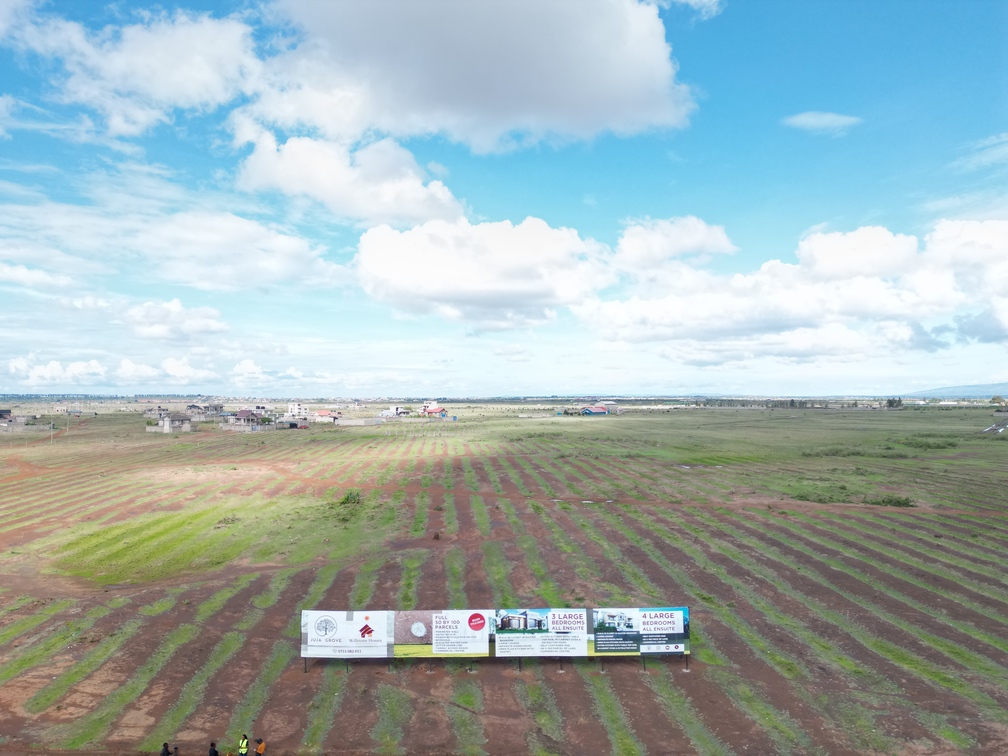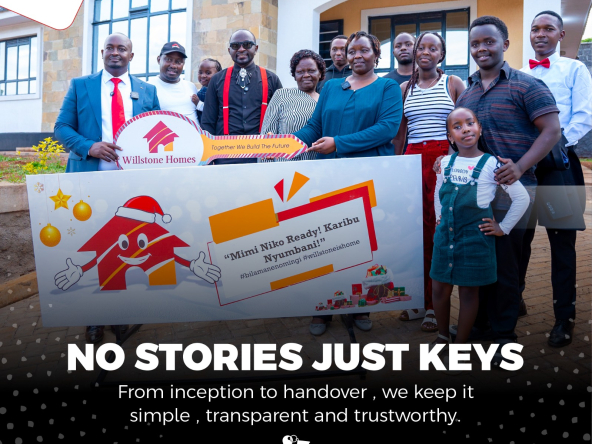Buying property in Kenya is a significant investment and a dream for many. However, the process can be complex, especially when it comes to legal and documentation requirements. Ensuring you have the essential documents for buying property in Kenya is crucial to avoid fraud, legal disputes, and financial losses. This guide will walk you through the key documents you need, their importance, and how to verify their authenticity to make your property purchase smooth and secure.
Title Deed Kenya
The title deed is the most critical document when buying property in Kenya. It serves as proof of ownership and contains details such as the property’s location, size, and the name of the registered owner. To verify its authenticity, conduct a search at the Ministry of Lands or the Ardhi Sasa online portal. Ensure the name on the title deed matches the seller’s identification documents, and confirm there are no encumbrances or disputes attached to the property.
Read also: Buy Homes in Kenya: The Ultimate Guide
Land Search Certificate Kenya
A land search certificate is an official document obtained from the Ministry of Lands. It provides detailed information about the property, including its ownership history, size, and any existing liens or charges. This document is essential to confirm the property’s boundaries, size, and legal status. You can request a land search at the Ministry of Lands or through the Ardhi Sasa platform, which typically takes a few days and involves a small fee.
Sale Agreement Kenya
The sale agreement is a legally binding contract between the buyer and seller. It outlines the terms and conditions of the sale, including the purchase price, payment schedule, and transfer process. This document protects both parties by clearly stating their obligations and serves as evidence of the transaction in case of disputes. Ensure the agreement includes the names and identification details of both parties, a description of the property, the purchase price, payment terms, and signatures of both parties and witnesses.
Land Rates Clearance Certificate
In Kenya, landowners are required to pay annual land rates to the county government. A land rates clearance certificate confirms that all outstanding rates have been paid. This document is crucial to ensure there are no unpaid dues that could lead to legal issues. The seller should provide proof of payment for all outstanding rates, and you can request the certificate from the county government where the property is located.
Certificate of Incorporation (For Companies)
If the property is owned by a company, you’ll need a certificate of incorporation to confirm the company’s legal status. This document verifies that the company is legally registered and authorized to sell the property. Conduct a search at the Registrar of Companies to confirm the company’s registration details and ensure the directors signing the sale agreement have the authority to do so.
Read also: Safe Real Estate Investment Tips for Diaspora Kenyans
KRA Pin Certificate Property Purchase
Both the buyer and seller must have a KRA Pin certificate for tax purposes. This document is required during the transfer process to ensure compliance with Kenya Revenue Authority (KRA) regulations. If you don’t already have a KRA Pin, you can apply for one online or at a KRA office.
Valuation Report Kenya
A valuation report is prepared by a licensed valuer and provides an estimate of the property’s market value. This document helps determine the property’s fair market price and is required for stamp duty calculation and mortgage applications. Hire a licensed valuer to assess the property and prepare the report.
Stamp Duty Kenya
Stamp duty is a tax paid to the government during property transactions. The amount is based on the property’s value and location. This tax is a legal requirement for property transfers, and the property cannot be registered in your name without proof of payment. Stamp duty is paid at the nearest KRA office or through the iTax platform, and the receipt serves as proof of payment.
Property Transfer Documents Kenya
The transfer documents are used to officially transfer ownership from the seller to the buyer. These include the transfer forms and consent to transfer from relevant authorities. These documents facilitate the legal transfer of property ownership and are required for updating records at the Ministry of Lands. Ensure the transfer forms are signed by both parties and obtain consent to transfer from the Land Control Board if the property is agricultural land.
NEMA Approval Kenya
If the property includes buildings or developments, you’ll need NEMA approval to ensure compliance with environmental regulations. This document confirms the property meets environmental standards and is required for properties with developments or renovations. Apply for NEMA approval through the National Environment Management Authority.
Survey Plan
A survey plan is a detailed map of the property showing its boundaries, dimensions, and location. This document helps verify the property’s size and boundaries and prevents boundary disputes with neighbors. Request the survey plan from the seller or conduct a new survey with a licensed surveyor.
Spousal Consent Form Kenya
If the seller is married, a spousal consent form is required to confirm their spouse’s approval of the sale. This document ensures the spouse has no claim to the property after the sale and is a legal requirement for married sellers. The seller’s spouse must sign the form in the presence of a lawyer or notary public.
Buying property in Kenya is a rewarding but complex process that requires careful attention to documentation. Ensuring you have all the essential documents for buying property in Kenya is crucial to protect your investment and avoid legal issues. From the title deed Kenya and land search certificate Kenya to stamp duty Kenya and spousal consent form Kenya, each document plays a vital role in the transaction.
To make the process smoother, work with a reputable lawyer, conduct thorough due diligence, and verify the authenticity of all documents. By doing so, you’ll safeguard your investment and enjoy the benefits of property ownership in Kenya.





